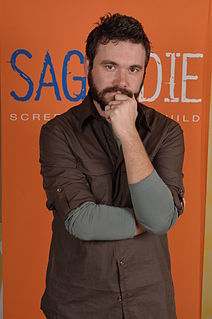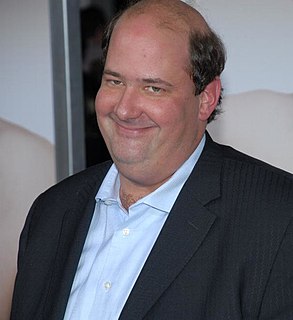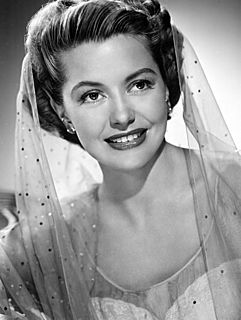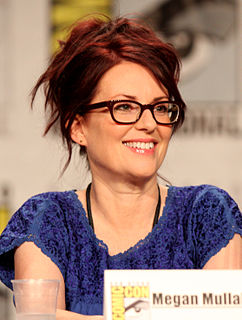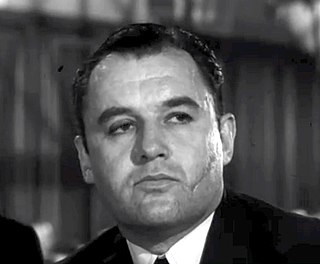A Quote by Christopher Nolan
A camera is a camera, a shot is a shot, how you tell the story is the main thing.
Related Quotes
That shot in "Into the Inferno" somehow popped up while my editor and I were viewing the footage. I immediately said, "That looks like the opening shot because the camera approaches the action very slowly and we have enough time to insert some of the main credits into it." So it was a practical choice. At the same time, you see these tiny figures standing at the rim of something, and all of a sudden, the camera rises further and you find yourself looking straight down into an inferno.
So in terms of a large part of the job on our show specifically, what makes the show complex and interesting and funnier are the conversations about "Where's the camera?" and "How aware are the characters of the camera? Are the cameras hidden for this shot? Is it a spy shot from far away? Or is it really close and in their face, and they sort of have to play to it in an embarrassing situation?" There's a whole other level of questions and choices that come into play on our show that are not even a factor in anything else.
Once a photographer is convinced that the camera can lie and that, strictly speaking, the vast majority of photographs are camera lies, inasmuch as they tell only part of a story or tell it in distorted form, half the battle is won. Once he has conceded that photography is not a naturalistic medium of rendition and that striving for naturalism in a photograph is futile, he can turn his attention to using a camera to make more effective pictures.



